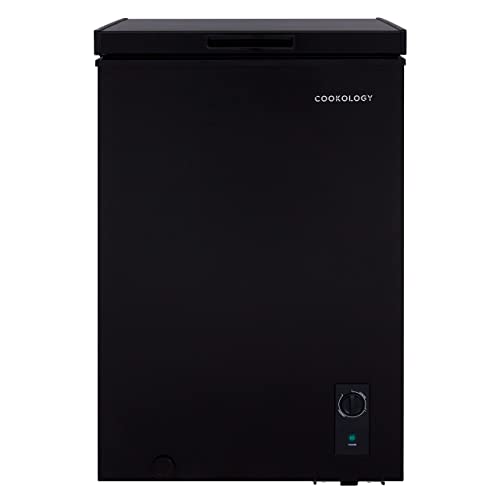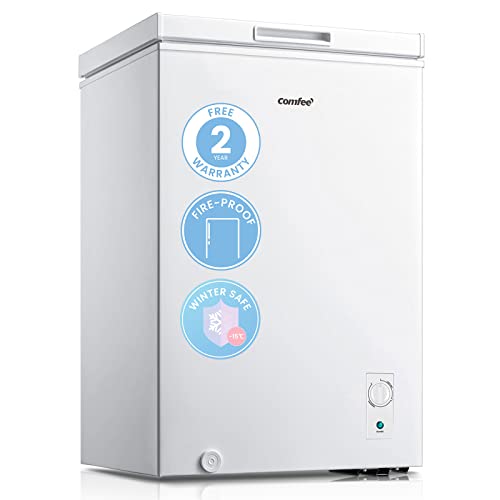The 12 Types Of Twitter Fridges Tweets You Follow
페이지 정보
작성자 Corinne 댓글 0건 조회 105회 작성일 24-02-06 13:01본문
 How to Keep Your Fridge Running Smoothly
How to Keep Your Fridge Running SmoothlyRefrigerators are available in different sizes and shapes. They can fit into tight areas, like dorm rooms.
Some models can be used with smart devices. They let you monitor your fridge remotely and fix any issues that might occur. You can also make use of voice commands to control them.
Noise
Fridges can make many different sounds while running, some of which are more obvious than others. If you notice any of the below sounds identify the source and search for a quick fix before calling a repair company for your fridge.
Rattling
The fridge may rumble when there's not enough space between it and the cabinet or wall or if it is positioned at an unlevel angle. It's easy to solve. You just need to ensure that there's at least a couple of inches between the fridge and wall or cabinet, or you can adjust the leveling screws or legs to raise or lower your fridge.
Hissing
The compressor can make a noise when cooling your food. This is a normal sound that is caused by the compressor fluid or refrigerant moving through the system. If you're concerned, Frydge.Uk note how often the compressor cycles and call an emergency repair service for your fridge when it happens more frequently than usual.
Squeaking
Fridges may be noisy if their coils or fans are filthy. If you hear a squeaking sound coming from your fridge, use the brush attachment of a vacuum cleaner along with a rag and dish soap or water and warm water to wash the fan and coils. It is important to clean the fridge at least twice a year or more frequently when your fridge is old or frequently used.
Clicking
A clicking sound may be heard from a fridge. It is usually due to freezing around the fan of the freezer. This can be solved by a manual defrost but it is likely to recur until the issue is resolved by a service professional.
It can also happen when the fridge is turned off, so make sure to switch it back on in the event that this happens. If you have an ice maker installed, this sound can be caused by it. Make sure you turn it off when aren't using ice regularly.
The hum from your fridge is normal. It can be louder during certain times of day, or fridge Freezer small following heavy stockings or intensive freezer functions. The refrigerator is working harder to keep your food cool, and therefore it is working faster. This isn't an indication of a problem.
Dust
Dust in the house is an excellent magnet for dirt, bacteria and other microorganisms as well as traces of household chemical exposures. The tiny particles can be inhaled and trigger allergic reactions and serve as an ideal place for microbes to grow, including some that may cause infection when they come into contact with an open wound.
It's impossible to clean a fridge completely however, regular cleaning will help to reduce dust build-up and keep the temperature more constant. A dirty fridge also wastes energy as it overheats and operates inefficiently. If you suspect your fridge is producing louder sounds than usual, or if it's running out of power due to overworking it, it might be time to call in the professionals.
Dust doesn't float into the air from outside as is often believed. It's made up of resuspended dust from your home, which can be contaminated by lead or other toxicants. It also contains pollen, mold and car exhaust. It also contains pollutant residues from the past, such as DDT which were banned more than half decades ago.
Certain compounds, such as flame retardants, such as decabromodiphenylether are able to dissolve into the air. However, the majority chemicals found in house dust originate from objects that are thrown off, such as electronic equipment. High-molecular-weight substances, such as surfactants used in cleaners and paint strippers, also migrate directly into dust.
A dirty refrigerator can adversely affect your health, as well as contaminating food. It could harbor allergens, such as pet dander, and the droppings of cockroaches, which can trigger asthma and allergic reactions for many people. It may also contain bacterial spores such as staphylococcus.
Researchers have discovered that a variety of health conditions can be traced to dust contamination, from heart disease to cancer to leukemia and inflammatory intestinal disease. A recent study found that the homes of children who were diagnosed with leukemia had higher levels of polycyclic aromatic hydrocarbons, PDEs and PCBs in their dust than the homes of healthy children.
Condenser Coils
If refrigerators function correctly, the coils on the back and front of the appliance should help disperse heat generated by the compressor. But when these radiator-like parts are covered in dust, pet hair, or lint, the compressor is forced to work continuously trying to cool the fridge but ends up wearing down the appliance. This is why it's crucial to regularly clean the coils.
Before you begin, unplug and shut off the power source of your refrigerator. This can lower the risk of electrocuting yourself or family members when working on the appliance. It is also a good idea to wear a protective mask if you are sensitive to dust. Then, you'll need to find the coils. They are usually located at the back of the refrigerator, or in some cases, at the front and base. Refer to the manual for your fridge or contact the manufacturer if you aren't sure where to find them.
Once you have found the coils, you will need to remove the access panel if there is one. You can then alternate between vacuuming the coils using a narrow hose attachment and then brushing them with a condenser brush to clean the coils. Be careful not to risk damaging or bent coils. After that, replace the kick panel or push the fridge back into place and plug it back in.
You can hire an expert if you're at ease doing it yourself. But it's much cheaper and less trouble to just keep up with the routine of cleaning to prevent the problem from arising in the first place.
Maintenance
Fridges are powerful appliances that run all day to cool down your food. They need regular maintenance to ensure they perform their job well. Simple preventive maintenance can keep your machines running efficiently for a long time.
One simple thing to do is clean the door seals. Jelly and other food items that stick can cause a buildup and stop the gaskets from sealing tightly and allowing cool air to escape through tiny cracks. Clean them off using a mixture of baking soda and warm water on a toothbrush or sponge every couple of months.
The fan at the rear of the refrigerator freezer is another place to check. It could be noisy if it's clogged by paper, insulation or even mouse. Unplug the fridge, take out all the shelves and remove any removable parts. Clean the coils and the area surrounding them with the vacuum cleaner using an attachment for a hose. Make sure you turn the fridge back on after you're finished.
 It is recommended to check the owner's manual for information on where to find the coils, the fan and what cleaning tools you may need. You should also read the warranty to make sure you know what's covered.
It is recommended to check the owner's manual for information on where to find the coils, the fan and what cleaning tools you may need. You should also read the warranty to make sure you know what's covered.- 이전글It's The Ugly Facts About Larder Fridge 24.02.06
- 다음글Wisdom On Under Counter Fridge From The Age Of Five 24.02.06
댓글목록
등록된 댓글이 없습니다.

